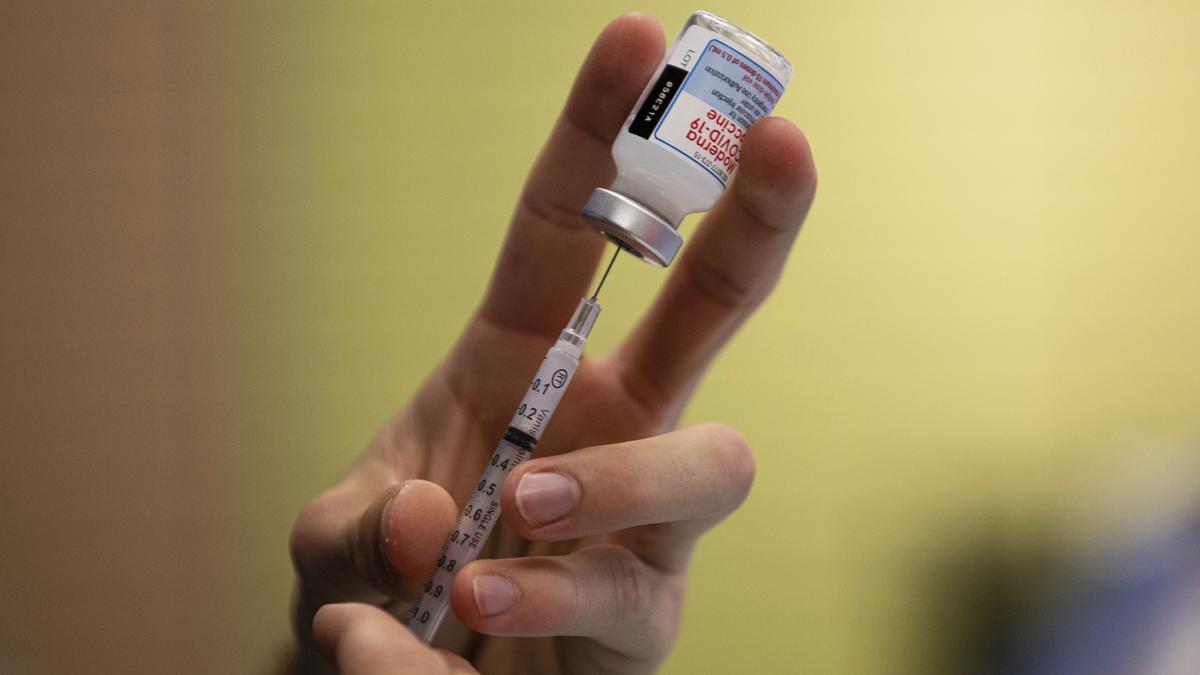
Study offers clues to why COVID-19 vaccine protection wanes quickly Premium
The Hindu
Discover why some vaccines fail to provide long-lasting protection and the importance of LLPCs for durable immunity.
The ideal vaccine offers nearly complete protection against infection and mild disease in just one dose. It is simple to administer and doesn’t have any adverse effects. The protective immunity lasts a lifetime.
Are these expectations too idealistic?
In practical scenarios, no single vaccine provides such advantages. The key challenges vaccine developers face are the vaccines’ durability, the lack of immune correlates of protection, and the inability to protect against infection and transmission. But the greatest challenge among these three bottlenecks is the inability of vaccines to confer long-lasting protection.
Recently, the authors reviewed 34 licensed vaccines for the duration of protection against different infectious diseases. Only five offer long-lasting protection.
The immunity that follows an infection — natural or vaccine-induced — is mainly the result of the body generating antibodies. A specific type of immune cell known as a plasma cell, which comes from B-cells in the lymph nodes, secretes these antibodies.
Not all B-cells and plasma cells are of the same type. Most of them have a short life span: they produce antibodies for a few weeks and die. As a result the concentration of antibodies in the body declines after a few weeks. But in the lymph nodes, a key lymphatic region, a germinal centre (GC) undergoes a long selection and maturation process known as affinity maturation to produce memory B-cells. GCs are the engines of antibody evolution and the mainstay of immune cells that provide lasting immunity. The name memory B-cells refers to these cells’ capacity to memorise the antigen’s characteristics over an extended period of time. When the antigen or microbe reentres the body, the memory B-cells swiftly identify it and start producing antigen-specific plasma cells. This rapidly boosts the antibody concentration and protects the individual against the disease.
Some plasma cells, known as long-lasting plasma cells (LLPCs), also migrate to the bone marrow and survive for an extended duration, promoting the production of antibodies in this time. A vaccine’s ability to confer long-term protection thus depends on its ability to induce the production of LLPCs. The goal of all vaccine developers is for their vaccines to generate these cells in the bone marrow.

We know birds, animals and insects constantly communicate with each other by making certain sounds. But when we think about plants, we do not ever think of them communicating. Charles Darwin, an eminent biologist, thought otherwise. Plants might appear the quiet, silent and solitary type of organisms but they have a complex way of communicating which is interesting and important for their survival.










